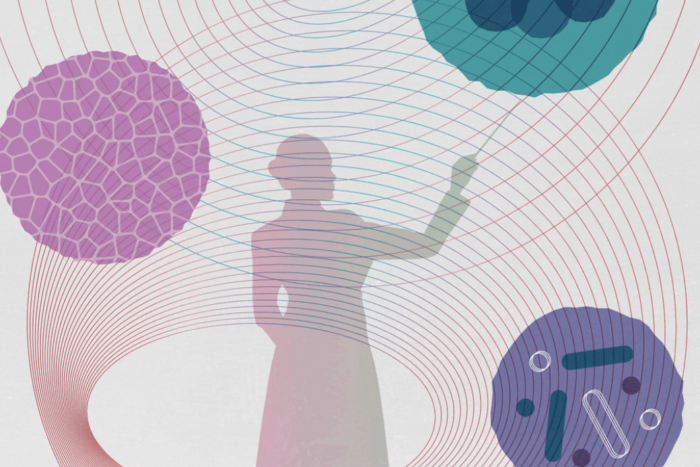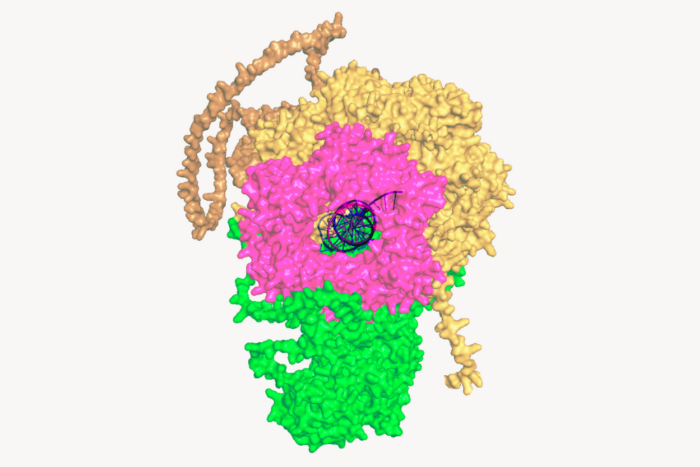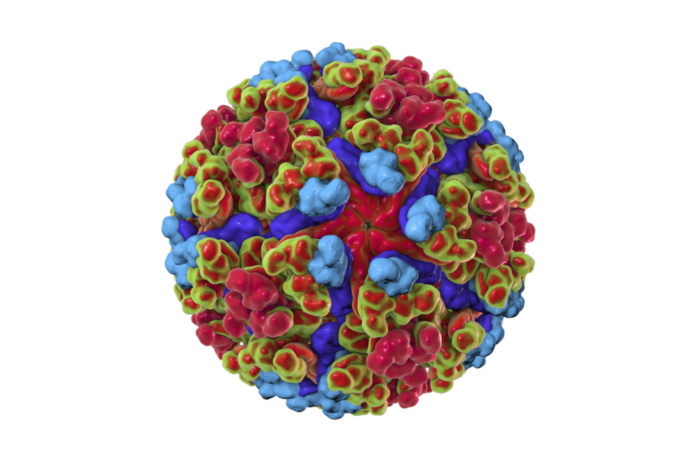Renowned French neuroscientist Jean-Pierre Changeux receives Rockefeller University's science writing prize
Jean-Pierre Changeux, Ph.D., one of the boldest thinkers in modern neuroscience, received the Rockefeller University Lewis Thomas Prize for Writing about Science Tues., March 29.
Paul Nurse, Ph.D., president of Rockefeller University, presented Changeux with the annual prize following a public lecture titled “The Physiology of Truth: Toward a Neuroscience of Human Knowledge.”
Reading from the prize citation, Nurse said, “Objective knowledge, embodied in the scientific method, is a characteristic feature of human cognition throughout evolution, Changeux argues. Understanding the physiology of truth, as he calls it, can provide an ethical foundation for civil society that upholds the values of peace, justice and harmony within and among human societies.”
The Lewis Thomas Prize for Writing about Science honors the rare individual who bridges the worlds of science and the humanities — whose voice and vision can tell us about science’s aesthetic and philosophical dimensions, providing not merely new information but cause for reflection, even revelation. Previous recipients of the prize, first awarded in 1993 to the late physician and essayist Lewis Thomas, include Jared Diamond, Oliver Sacks, and E.O. Wilson.
Changeux’s writings include the classic Neuronal Man: The Biology of Mind (1983); The Physiology of Truth: Neuroscience and Human Knowledge (2004); Raison et Plaisir (1994), which investigates the “cerebral” origin of artistic creation and its enjoyment; and a collaboration with philosopher Paul Ricoeur (What Makes Us Think? A Neuroscientist and a Philosopher Argue about Ethics, Human Nature and the Brain, 1998).
Changeux heads the Laboratory of Receptors and Cognition at the Pasteur Institute in Paris and is a professor at the College de France. He is a founder of modern neurobiology, whose studies of nicotinic receptors in the brain have been fundamental to understanding how nerve cells communicate to produce memory, learning processes, emotions, reward mechanisms and consciousness. Changeux’s many contributions to science have been recognized by the Balzan Prize, Linus Pauling Medal, Max Delbruck Medal, Louis Jeantet Prize, Gold Medal of the CNRS, Richard Lounsbery Prize and Gairdner Foundation International Award, among other honors. He is a member of the French Academy of Sciences and president of the National Committee for Bioethics in France.



